Earning a master’s degree is an excellent way to level up your career and increase your earning potential. According to the Bureau of Labor Statistics (BLS), those with a master’s degree earn a weekly median wage of $1,737, compared to $1,493 for those with just a bachelor’s degree and $899 for high school graduates.
Graduates with their master’s degree can pursue high-paying careers in fields such as academia, where professors earn a median salary of $84,380; law, where attorneys earn a median salary of $145,760; and leadership roles in marketing and advertising, with managers earning a median salary of $156,580.
Most of these programs take 18 months to three years to complete, and the average tuition cost for the 2020-2021 academic year is $19,749.
Why Trust Us
The Intelligent.com Higher Education Team is dedicated to providing students with independent, equitable school and program rankings and well-researched resources. Our expert-driven articles cover topics related to online colleges and programs, paying for school, and career outlooks. We use data from the U.S. Department of Education’s College Scorecard, the National Center for Education Statistics, and other reputable educational and professional organizations. Our academic advisory team reviews content and verifies accuracy throughout the year for the most current information. Partnerships do not influence rankings or editorial decisions.
- Analyzed over 2,000 national, accredited, and nonprofit colleges and universities
- 800+ rankings pages are reviewed and updated yearly
- Content is informed by reputable sources, surveys, and interviews with academic advisors and other experts
- Over 100 data points are reviewed for accuracy and quality throughout the year, including sources
How we rank schools
Our list features the best Master’s degree programs at top colleges nationwide. Each school featured is a nonprofit, accredited institution — either public or private — with a high standard of academic quality for post-secondary institutions.
We evaluated each school’s program on tuition costs, admission, retention and graduation rates, faculty, reputation, and the student resources provided for online students. We collected data from trusted sources like the National Center for Education Statistics, individual school and program websites, school admissions counselors, and other data sources. Then, we calculated the Intelligent Score on a scale of 0 to 100 based on the following criterion:
Academic Quality:
- Admission rate versus enrollment rate
- Retention rate of students who return after year one
- Accreditation status (regional and programmatic)
- Nonprofit status, both private and public institutions
Graduation Rate
- Overall graduation rate
- Total number of currently enrolled students, including diversity metrics
- Student-to-faculty ratio
Cost and ROI
- In-state and out-of-state per-credit tuition rates and fees
- Required credits to graduate
- Earning potential after graduation
- Availability of federal student loans, scholarships, and other financial aid options
Student Resources
- Available student services for online-only and hybrid programs
- On-campus amenities like tutoring centers and the number of libraries
Read more about our ranking methodology.
Best 50 Accredited Master’s Degree Programs
FiltersInstitution Type
Status
- Intelligent Score
- Alphabetically By University Name
- Acceptance Rate
- Enrollment
- In-state Graduate Tuition
- Out-of-state Graduate Tuition
- In-state Undergraduate Tuition
- Out-of-state Undergraduate Tuition

Massachusetts Institute of Technology
Intelligent Score: 99.86In-state: $53,450
Out-of-state: $53,450
In-state: $53,450
Out-of-state: $53,450
SAT: 1510-1580
ACT: 34-36
$670
On-Campus
New England Commission of Higher Education
36-48

Stanford University
Intelligent Score: 98.36In-state: $55,473
Out-of-state: $55,473
In-state: $54,315
Out-of-state: $54,315
SAT: 1420-1570
ACT: 31-35
$1,358
On-Campus
Western Association of Schools and Colleges Senior College and University Commission
45

Keck Graduate Institute
Intelligent Score: 97.78In-state: NA
Out-of-state: NA
In-state: $64,226
Out-of-state: $64,226
SAT: 1089 or higher
ACT: N/A
$1,070
On-Campus
Western Association of Schools and Colleges Senior College and University Commission
30-66

Northwestern University
Intelligent Score: 97.51In-state: $58,227
Out-of-state: $58,227
In-state: $56,067
Out-of-state: $56,067
SAT: 1430-1550
ACT: 33-35
$1,029 - $1,983
On-Campus
Higher Learning Commission
30-60

University of Chicago
Intelligent Score: 95.99In-state: $57,642
Out-of-state: $57,642
In-state: $60,300
Out-of-state: $60,300
SAT: 1500-1570
ACT: 34-35
$1,392 - $1,915
On-Campus
Higher Learning Commission
36-42
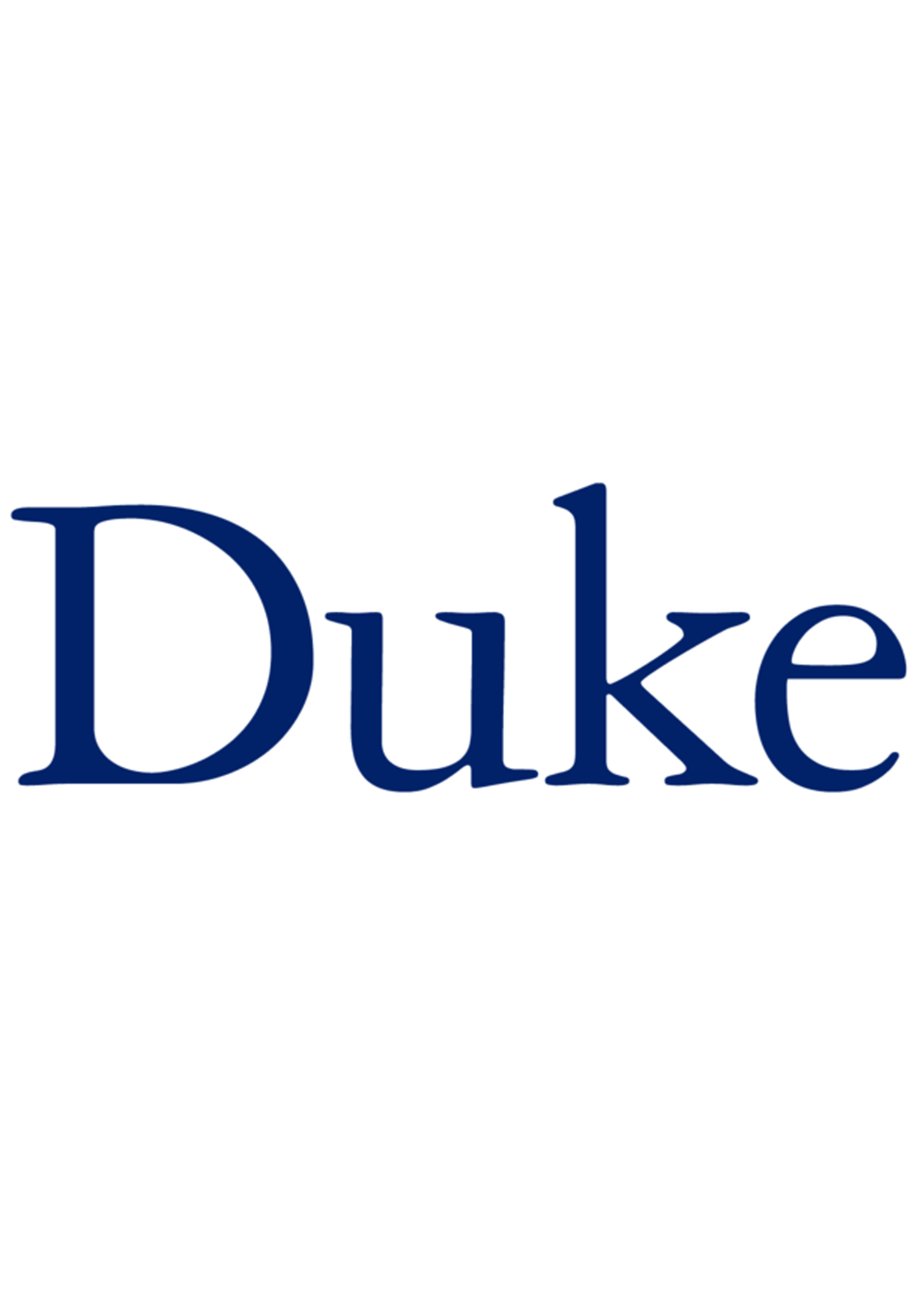
Duke The Graduate School
Intelligent Score: 95.56In-state: $55,880
Out-of-state: $55,880
In-state: $57,900
Out-of-state: $57,900
SAT: 1470-1570
ACT: 34-35
$1,436 - $3,780
On-Campus
Southern Association of Colleges and Schools Commission on Colleges
30-51
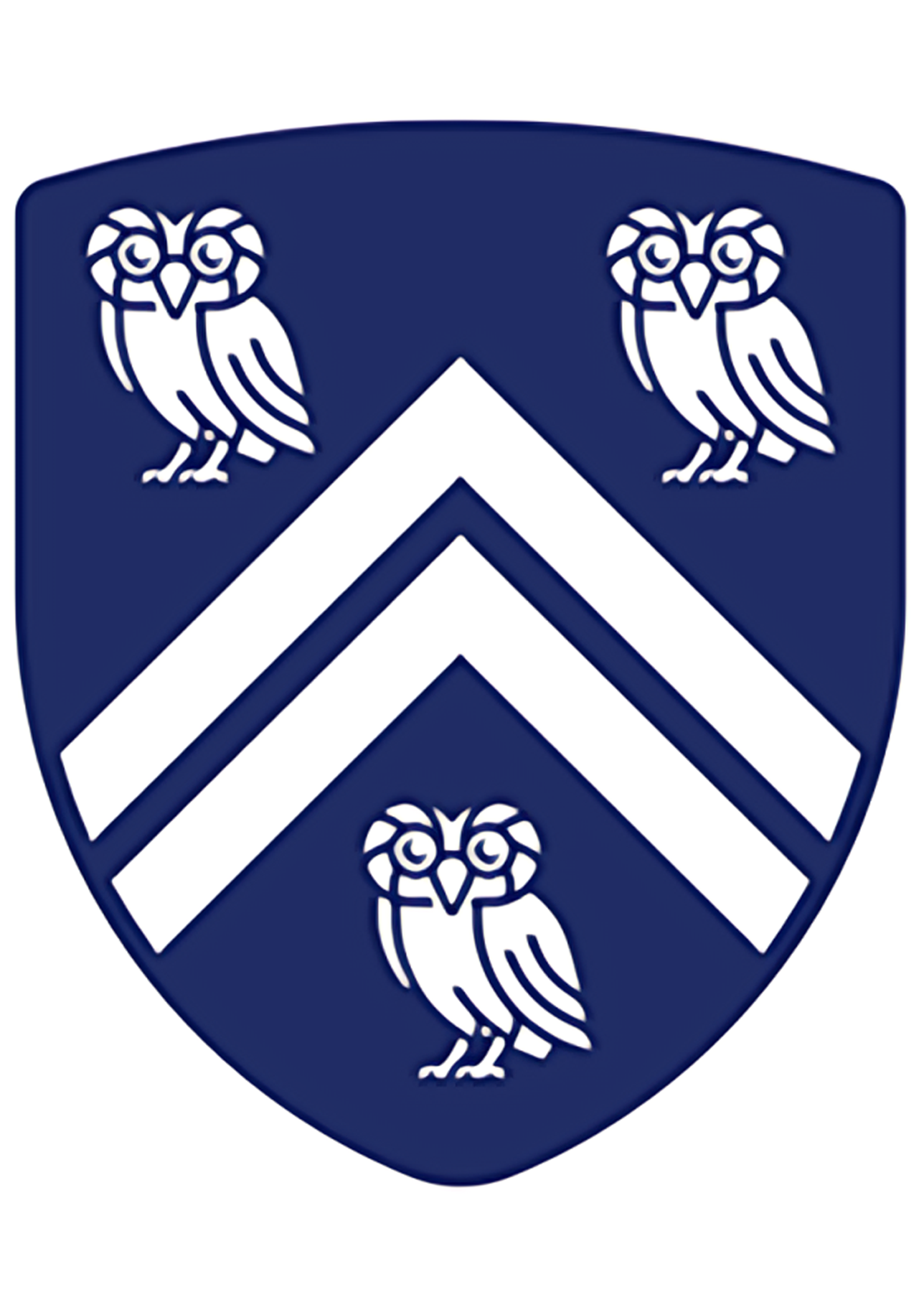
Rice University
Intelligent Score: 93.57In-state: $50,310
Out-of-state: $50,310
In-state: $47,306
Out-of-state: $47,306
SAT: 1460-1570
ACT: 34-36
$633 - $2,185
On-Campus
Southern Association of Colleges and Schools Commission on Colleges
30-60
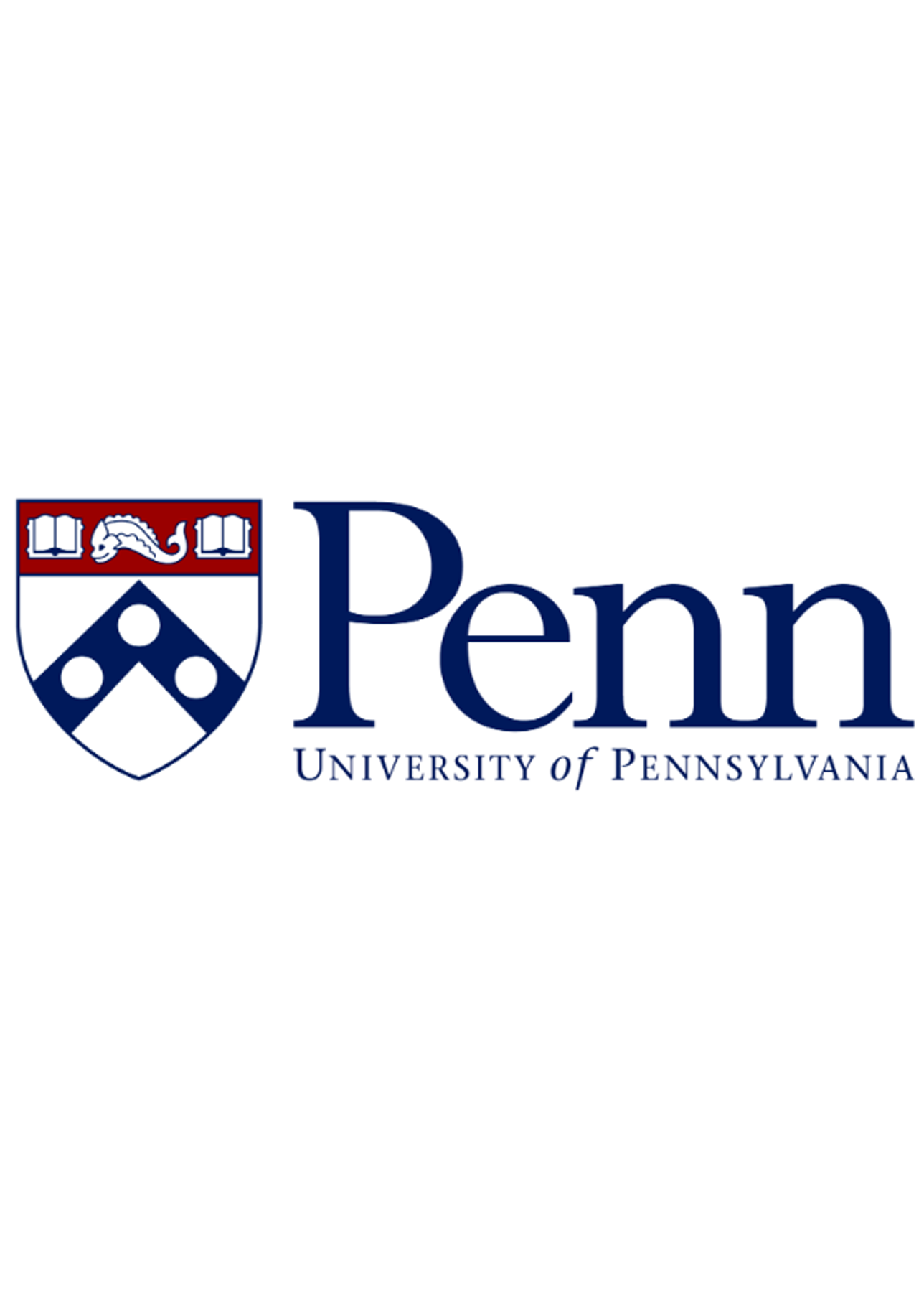
University of Pennsylvania
Intelligent Score: 92.5In-state: $53,166
Out-of-state: $53,166
In-state: $37,678
Out-of-state: $37,678
SAT: 1460-1570
ACT: 33-35
$1,300 - $2,776
On-Campus
Middle States Commission on Higher Education
27-72
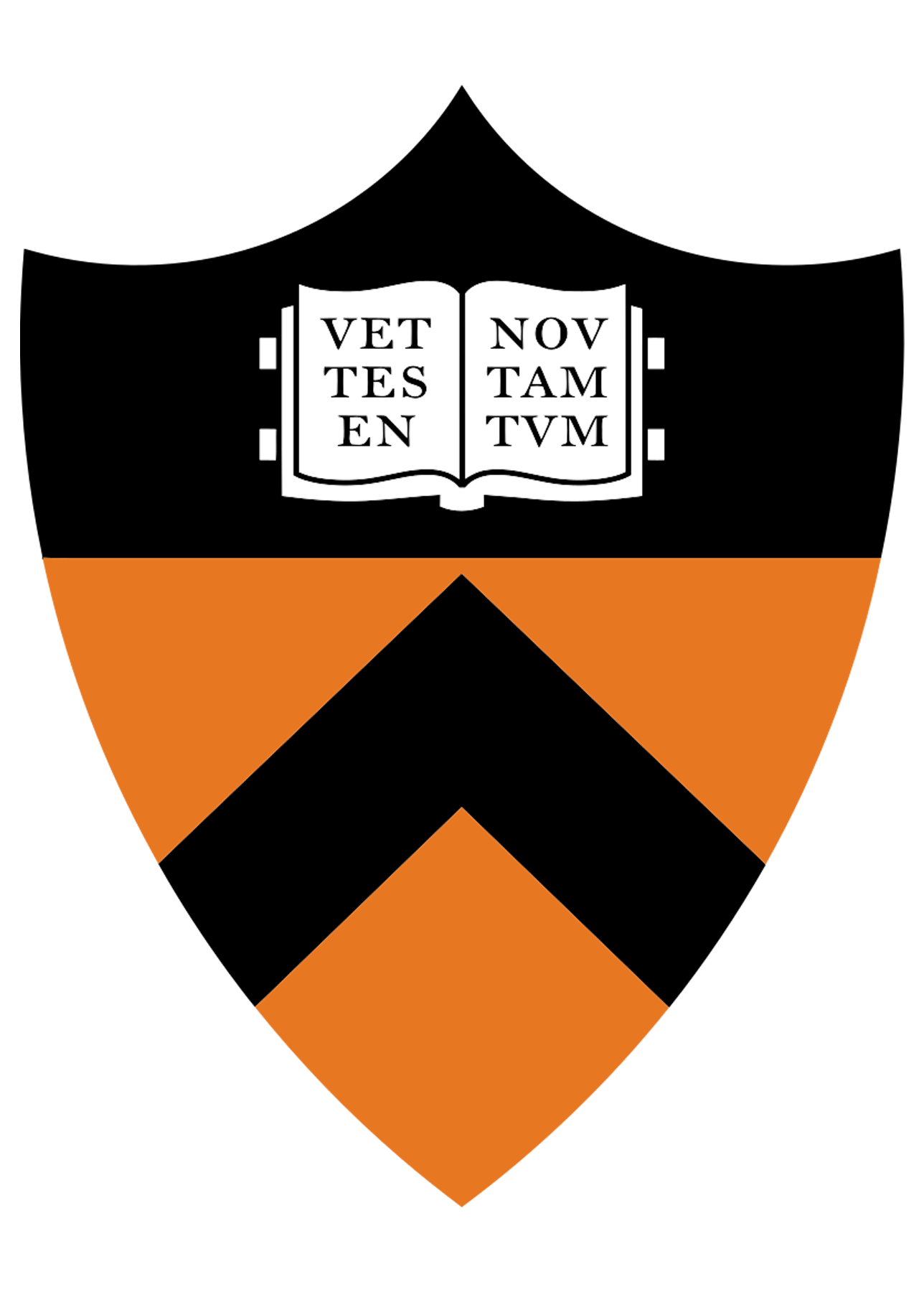
Princeton University Graduate School
Intelligent Score: 92.38In-state: $48,502
Out-of-state: $48,502
In-state: $53,890
Out-of-state: $53,890
SAT: 1450-1570
ACT: 32-35
$2,080 - $4,160
On-Campus
Middle States Commission on Higher Education
30-60
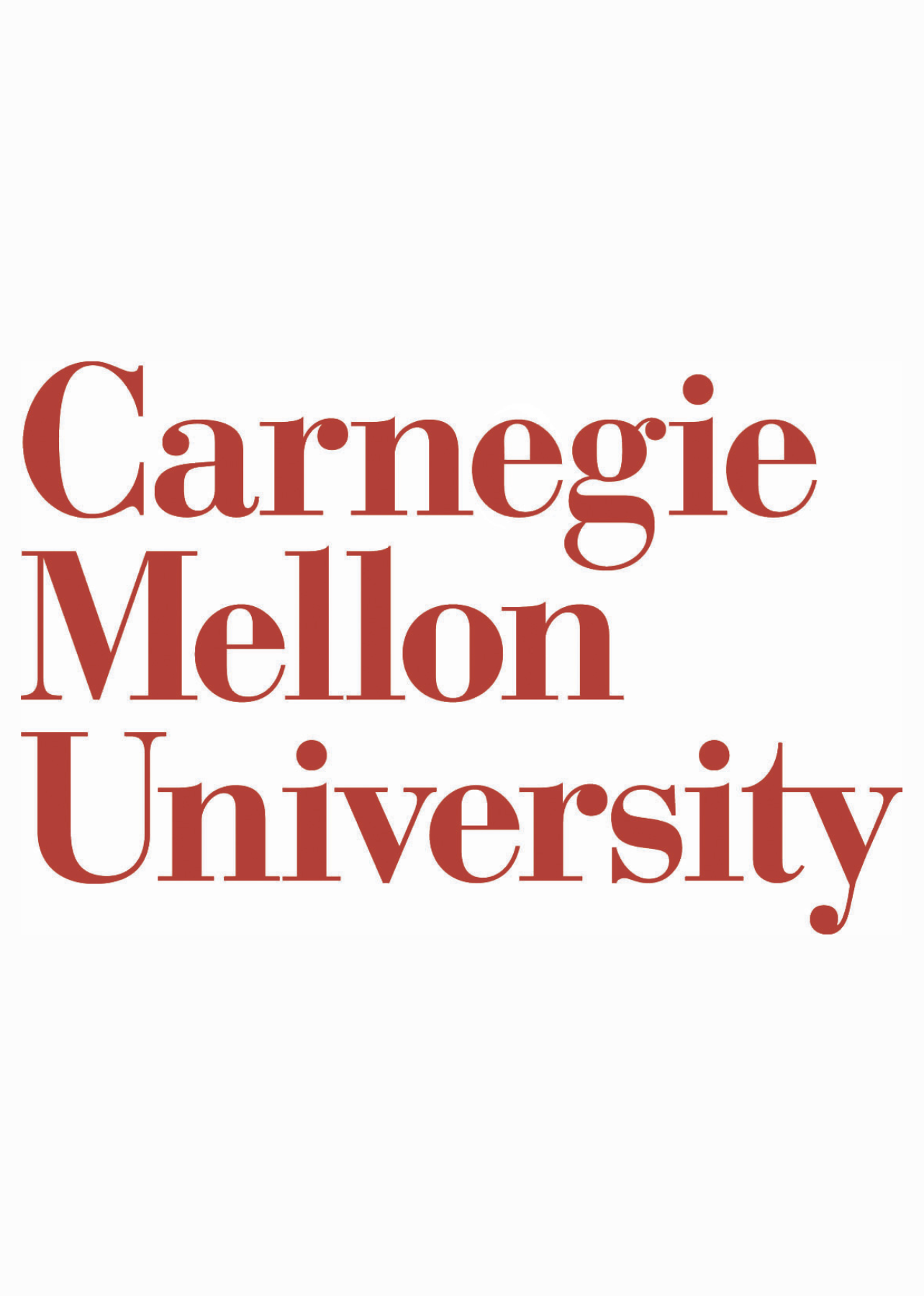
Carnegie Mellon University
Intelligent Score: 92.22In-state: $57,560
Out-of-state: $57,560
In-state: $46,441
Out-of-state: $46,441
SAT: 1460-1560
ACT: 33-35
$799 - $2,656
On-Campus
Middle States Commission on Higher Education
36-64

Teachers College, Columbia University
Intelligent Score: 91.88In-state: $57,864
Out-of-state: $57,864
In-state: $49,024
Out-of-state: $49,024
SAT: 1460-1570
ACT: 33-35
$2,049
On-Campus, Online
Middle States Commission on Higher Education
30-75
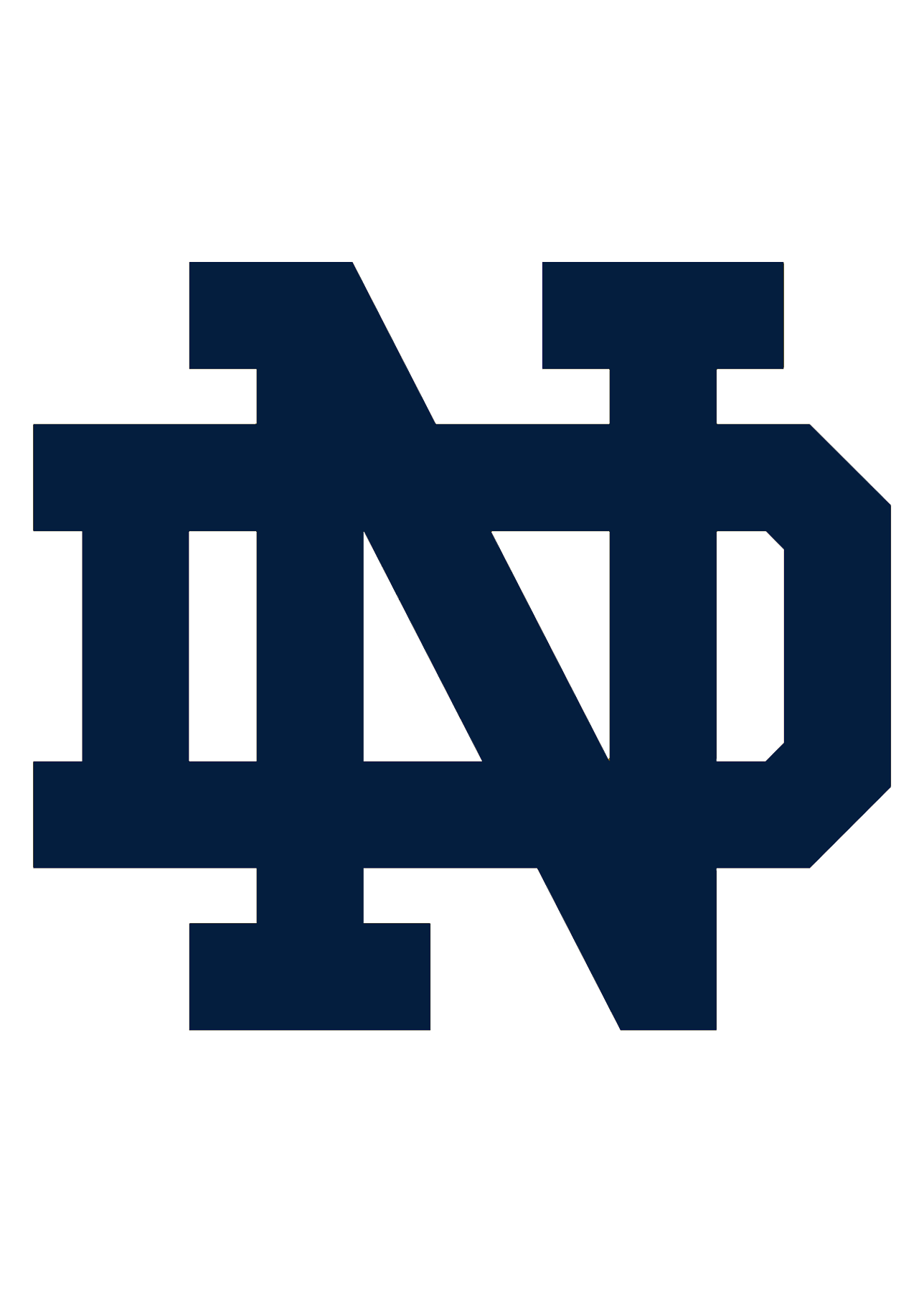
University of Notre Dame
Intelligent Score: 90.49In-state: $57,192
Out-of-state: $57,192
In-state: $57,050
Out-of-state: $57,050
SAT: 1400-1550
ACT: 32-35
$1,950 - $3,576
On-Campus
Higher Learning Commission
30-48
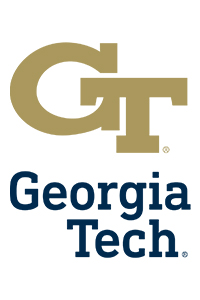
Georgia Tech
Intelligent Score: 89.61In-state: $28,106
Out-of-state: $49,218
In-state: $27,898
Out-of-state: $27,898
SAT: 1370-1530
ACT: 31-35
Resident: $601 - $1,261
Non-Resident: $1,276 - $1,783
On-Campus
Southern Association of Colleges and Schools Commission on Colleges
30-102

Harvard Extension School
Intelligent Score: 89.32In-state: $49,653
Out-of-state: $49,653
In-state: $49,448
Out-of-state: $49,448
SAT: 1460-1580
ACT: 33-35
$835
On-Campus, Online
New England Commission of Higher Education
30-64
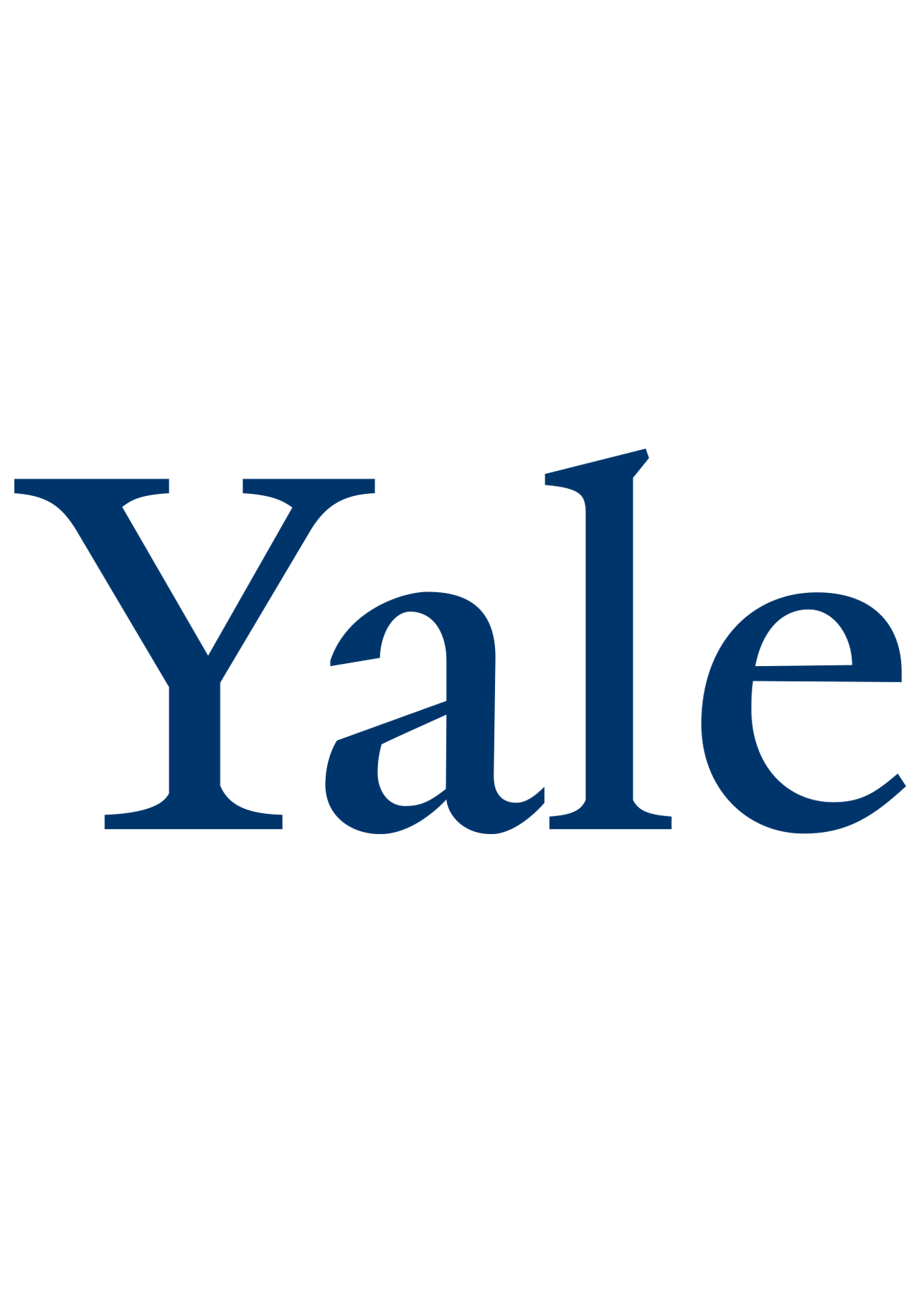
Yale University
Intelligent Score: 89.03In-state: $57,700
Out-of-state: $57,700
In-state: $44,500
Out-of-state: $44,500
SAT: 1460-1580
ACT: 33-35
$1,238 - $1,962
On-Campus
New England Commission of Higher Education
30-72

Georgetown University
Intelligent Score: 88.95In-state: $57,384
Out-of-state: $57,384
In-state: $53,136
Out-of-state: $53,136
SAT: 1380-1550
ACT: 31-35
$1,525 - $2,550
On-Campus, Hybrid
Middle States Commission on Higher Education
30-67

Cornell University
Intelligent Score: 87.44In-state: $58,586
Out-of-state: $58,586
In-state: $29,500
Out-of-state: $29,500
SAT: 1400-1540
ACT: 32-35
$2,279 - $2,717
On-Campus, Online
Middle States Commission on Higher Education
30-60

Berkeley Graduate Division
Intelligent Score: 86.44In-state: $11,442
Out-of-state: $41,196
In-state: $11,442
Out-of-state: $11,442
SAT: 1310-1530
ACT: 30-35
Resident: $709
On-Campus, Online
Western Association of Schools and Colleges Senior College and University Commission
30-36
How to Choose a Master’s Degree Program
Choose your area of study
Many students’ areas of study will align with their undergraduate coursework, allowing them to delve deeper into a specific area of interest. For others, it’s a chance to pivot and explore a new field. To narrow your focus, consider these questions:
- What subjects excite me the most?
- What skills do I want to develop further?
- What are my long-term career goals?
- How does this program align with industry trends?
Options like MBA programs suit future business leaders, public health appeals to those passionate about healthcare, and computer science is ideal for tech-driven students. Selecting a program that matches your interests and professional goals will help ensure fulfillment and future success.
Research schools and programs
Once you’ve chosen a specialization, researching schools and programs is the next step. You may come into this process with a few questions of your own, but here are a few more to guide your research further:
- Does the program offer courses and resources that are aligned with my career goals?
- What is the faculty’s experience in my area of interest?
- What is the program’s reputation and ranking?
- What are the job placement rates for graduates?
Most of this information will be readily available on school websites, but you’ll also benefit from attending an open house or speaking with an admissions counselor.
Prepare for tests and applications
By this point, you’ll likely have a shortlist of programs you plan on applying to. First, verify whether GRE or GMAT scores are required, as some schools may have test-optional policies or waive them entirely. If needed, a test prep program can improve scores and boost your chances of acceptance.
Beyond test prep, requesting transcripts and letters of recommendation early is essential, as these can take time to gather. Additionally, you’ll want to devote significant time to drafting your personal statement and revising your resume or CV to reflect relevant experience and achievements.
Select your program
When acceptance letters arrive, you may have a significant decision to make. Take some time to revisit your initial research criteria, focusing on the factors that matter the most to you — which may include the program’s reputation, faculty you’re excited to learn from, and job placement rates, among other criteria. Evaluating how each program performs in these areas will help clarify which is the best fit for your goals.
It’s also crucial to assess the total cost of attendance, including tuition and living expenses, and compare this to any financial aid offers, like scholarships or grants. You’ll want to ensure that your final decision is financially feasible to help avoid unnecessary debt.
Determine how you’ll pay for your degree
Paying for a graduate degree without accruing may feel impossible, but many financial aid resources are available to help. Start by exploring scholarships and grants, which are merit- or need-based awards that don’t require repayment — significantly offsetting the cost of your education. If you’re seeking part-time work, an assistantship may be a good fit. Though often competitive, these opportunities provide tuition assistance or a stipend in exchange for teaching or research work. For those currently employed, ask if your employer offers tuition reimbursement.
If borrowing is necessary, federal loans are generally preferable to private loans for their lower interest rates and more flexible repayment options.
What Can You Expect From a Master’s Degree Program
By enrolling in a master’s degree program, you’ll gain a top-tier education in your chosen field, providing a combination of foundational principles and real-world applications. Programs vary widely, ranging from the arts and humanities to STEM fields, allowing the ability to specialize in business, engineering, or social sciences.
Coursework is often more rigorous than undergraduate studies, and you’ll engage in in-depth research, usually culminating in a thesis. The thesis is a critical component of most graduate-level degree programs. It allows you to explore a specific topic in detail, illustrating your expertise and critical thinking, which can be valuable for future careers or further academic pursuits.
Most master’s programs take 18 months to three years to complete, depending on your field and whether you attend full-time or part-time.
Potential courses you’ll take in a master’s degree program
- Strategic Talent Management: In this course, Human Resources students will explore methods for recruiting, developing, and retaining top talent within organizations. They’ll learn to align HR strategies with business goals, focusing on leadership development, performance management, and employee engagement.
- Advanced Materials Science: A common component in engineering programs, this course delves into the properties, structure, and applications of advanced materials such as composites, nanomaterials, and biomaterials. Participants will learn how to evaluate material performance and innovate new solutions for the aerospace, electronics, and healthcare industries.
- Postcolonial Narratives: Literature students in this course analyze literary works and cultural texts produced after colonial rule, examining themes of identity, resistance, and decolonization. They will gain a more significant understanding of how historical power dynamics shape contemporary literature and global discourse.
- Global Supply Chain Management: Most often seen in MBA programs, this class focuses on the complexities of managing supply chains across international borders. Students learn to optimize logistics, reduce costs, and mitigate risks, all while considering the economic, political, and environmental factors that affect global trade.
Master’s Degree Frequently Asked Questions
How do I apply to a master’s degree program?
While specific application requirements may vary depending on the program, many graduate schools share standard criteria. This typically includes:
- Bachelor’s degree from an accredited institution
- Official transcripts
- Letters of recommendation
- Personal statement or essay
- Resume or CV
- GRE or GMAT scores, if required
It’s a good idea to speak with an admissions counselor before applying to ensure you meet all qualifications and clearly understand the application process. They can offer guidance on deadlines and program specifics to help you succeed.
How much does a master’s degree cost?
For the 2020-2021 academic year, the average cost of a master’s degree was $19,749 for tuition. However, this amount can vary significantly based on factors like whether the institution is public or private and your residency status.
In addition to tuition, you’ll want to budget for other expenses such as textbooks, course materials, housing, transportation, and any additional fees. While these costs may seem minimal compared to tuition, they can add up over time and ultimately make your education more expensive.
How long does it take to earn a master’s degree?
Earning a master’s degree usually takes 18 months to three years. Full-time students often complete their programs in 18 months to two years, while part-time students may take three years or more. While part-time study offers flexibility for working professionals, it can extend the program duration.
Be sure to double-check the total credit requirements for each program, as they can vary and impact completion time. Many schools provide a semester-by-semester credit breakdown, helping students understand how long their specific program will take to finish.

